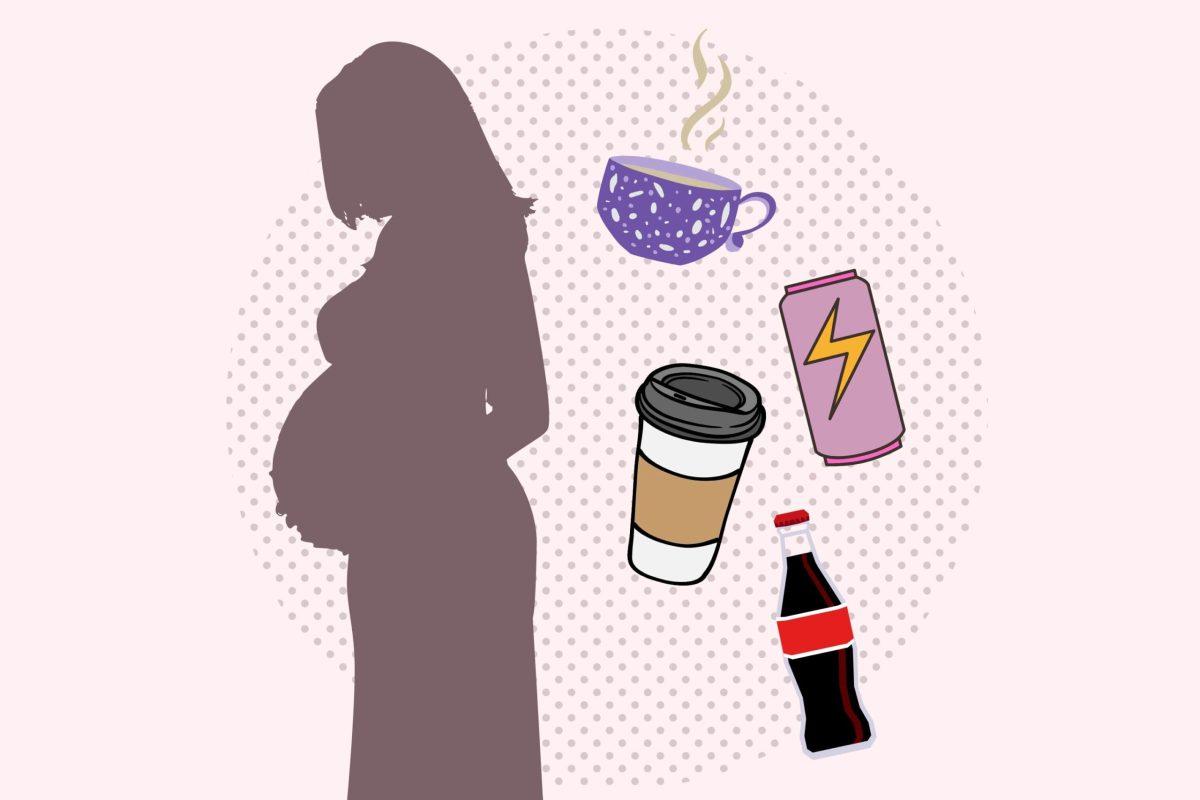It is commonly known that there are many do-nots during pregnancy such as drinking alcohol, smoking and consuming raw seafood. But what about caffeine? About 85% of Americans consume at least one caffeinated beverage a day, with higher rates of consumption among students and people who work full-time.
A recent study showed that fetal exposure to caffeine may cause brain alterations in the fetus. The Del Monte Institute for Neuroscience at the University of Rochester Medical Center (URMC), conducted a study where the brains of nine- and 10-year-olds were analyzed to determine if there were any changes in brain structure. Magnetic resonance imaging (MRI) was done on over 9,000 nine- and 10-year-olds with over 4,000 of them having fetal caffeine exposure.
The study showed that children with this gestational caffeine exposure had an increased rate of behavioral issues, attention difficulties, hyperactivity and neurodevelopmental problems. It was also found that children with gestational caffeine exposure had a decrease in working memory and task efficiency in comparison to children with no gestational caffeine exposure. These results confirm the pathophysiology of the MRIs used to look at brain structure. It was found that there were changes in the microstructures of 27 fiber tracts in the brain that contribute to memory, cognition and behavior in these children.
Does this mean that pregnant women shouldn’t consume caffeine at all? While the study does show that there are behavioral and pathophysiological changes associated with caffeine consumption during pregnancy, the study didn’t have specific caffeine consumption requirements. The average consumption recorded was 129 mg/day, but the behavioral and pathophysiological changes in individuals who consume a low dose of caffeine during pregnancy need to be examined to determine if caffeine needs to be taken completely out of the diets of pregnant individuals. Currently, it is recommended that pregnant individuals reduce their caffeine intake to an equivalent of two cups of coffee per day, but studies such as these may alter these recommendations in the future.

































